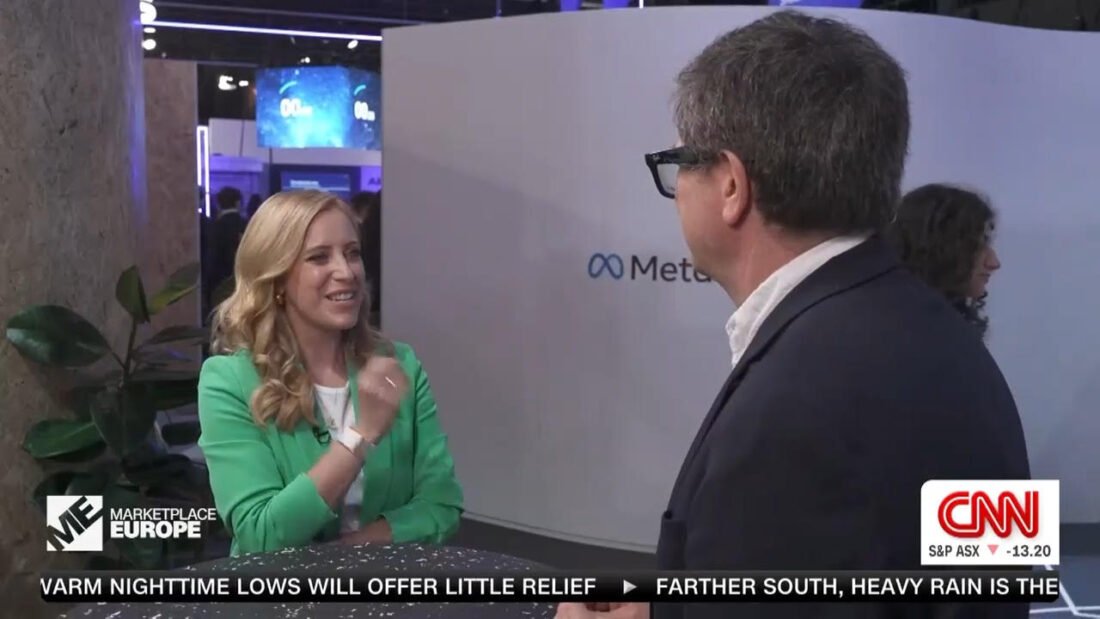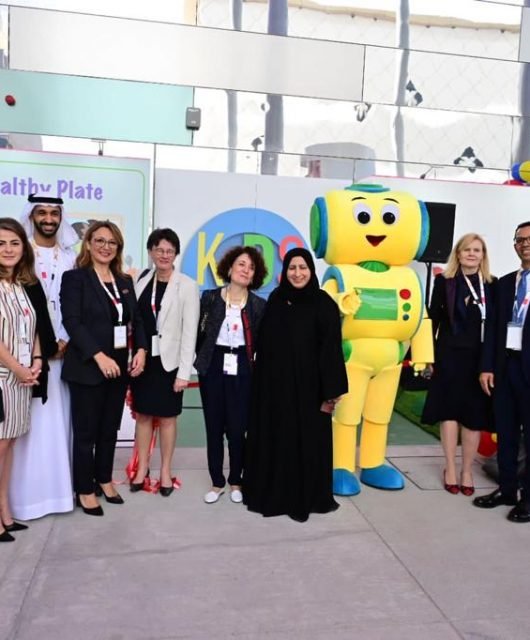Meta And Amazon Bosses Make The Case For AI Optimism
Despite warnings over artificial intelligence, Meta’s Yann LeCun and Amazon’s Werner Vogels predict a brighter future thanks to the technology. In the latest episode of Marketplace Europe, CNN’s Anna Stewart speaks to them at the VivaTech technology conference in Paris.

LeCun is known as one of the ‘godfathers of AI’. As Meta’s Chief AI scientist, he has a borderline utopian view for AI’s future. He tells Stewart, “My optimistic, cosmic view of the future of AI is that it will augment human intelligence to the point of perhaps creating a sort of a new Renaissance, perhaps, like a new century of enlightenment. You know, a little bit like what happened in the 16th or 17th century.”
Big Tech companies want to focus on AI’s power to do good rather than its pitfalls. As Amazon’s Chief Technology Officer (CTO), Vogels believes AI can tackle big problems both today and in the future. He states, “I think we as technologists not only have a responsibility to build the next amazing spam filter, but also solve some of the world’s hardest problems that we’re seeing – healthcare, you know, food, inequality in general. So yeah, I think we can use technology for that.”
Although LeCun’s fellow ‘Godfathers’, Geoffrey Hinton and Yoshua Bengio endorsed an open letter saying that AI companies need more oversight in case the technology runs out of control, the Frenchman says their fears may be overblown. He explains, “The big question I think in my mind is, should research and development in AI be regulated? And there, the opinion of people diverges depending on whether they think AI is intrinsically dangerous, whether there is some sort of existential risk, right? […] I think it’s very counterproductive to regulate research and development.”
LeCun says he believes that, “We are going eventually to have systems that are smarter than humans in all domains where humans are smart […] There is no question this is going to happen, but it’s not for tomorrow.”
Meta’s Chief AI scientist tells Stewart he doesn’t know when exactly this will happen, but that, “The history of AI for the last 60, 70 years is littered with people who say, ‘Oh, now we have the secret. Now we’re going to have machines that are really intelligent within 10 years.’ And it turned out to not be true.”
Big Tech companies have made billion in AI investments and for Vogels, it’s time for Europe to get serious about innovation. He says, “How many young businesses here are looking at using artificial intelligence in one way or another to improve or augment their products. We need to make sure that that innovation continues to happen, and that the innovation doesn’t just come outside Europe. We already have a very long history in Europe of underinvesting in R&D.”
He concludes, “There’re quite a few companies here that not only want to make a good buck, but actually want to do good at the same time. These two things are not mutually exclusive.”





